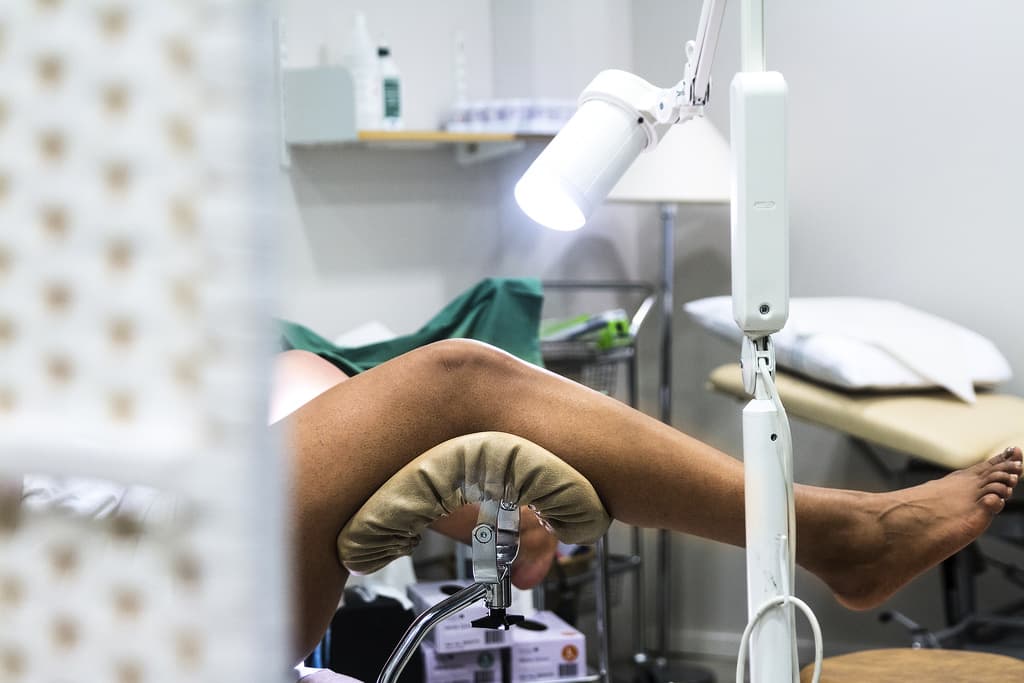Researchers have developed a new method for detecting cervical cancer, according to a press release from the Karolinska Institute.
Normally, a positive HPV test is analyzed using a microscope by a person. Instead, a molecular test called WID-qCIN will detect genetic changes that can increase the risk of cancer.
In a study conducted in 2017, more than 2,300 positive samples were analyzed using the test combined with additional tests for two types of HPV. As a result, 100% of invasive cervical cancer and 93% of severe precancerous lesions that occurred within a year after sampling were detected.
If cell changes are detected, a vaginal examination is performed, where the cervix is examined with a microscope, and a biopsy may be taken if necessary.
This is a surgical procedure and can lead to premature birth in pregnant women. The new method could potentially reduce the number of procedures by 40%, according to the researchers.






